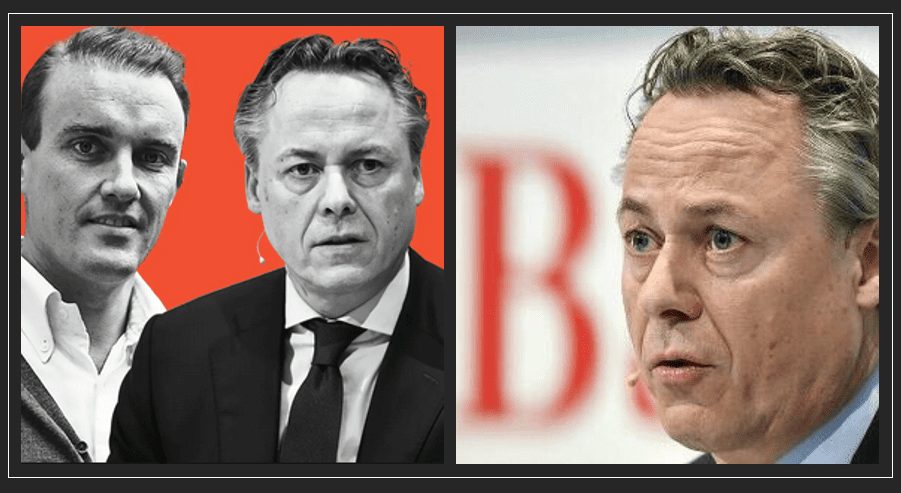Former ING CEO Ralph Hamers has only been the new CEO of Swiss UBS for a few weeks. For a few days now, he has been struggling to survive in his new job. The reason is an old money-laundering scandal of the ING under his reign. The bank signed a settlement with the public prosecutor’s office and had to pay the record fine of €775 ($938) million. These prosecutors, however, have not initiated any investigations against the ING Board of Directors and Hamers. A ruling by The Hague Court of Appeal now forces the Dutch prosecution to start a probe into Hamers. Money-laundering is no longer perceived as a legally irrelevant trivial offense by bank directors.
Behind closed doors
In Europe, money-laundering offenses committed by banks hardly ever end up in public courts. Responsible bank managers are certainly not accused. Public prosecutors still accept money laundering as a necessary evil and a trivial offense. Not indictable! This is also the approach the Dutch public prosecution has taken in the case of ING and Ralph Hamers. However, the notorious Dutch investor activist Pieter Lakeman challenged this “closed doors” approach and wanted investigations into the role of Hamers in the interest of financial transparency and fair business. The prosecutors denied this. Hence, together with other investors and his lawyers, Lakeman appealed to The Hague Court of Appeal against the prosecution’s refusal and got it right.
The Dutch court argued that taxpayers “must be able to see that the government does not accept such actions.” This is almost a direct order to open a formal criminal investigation into Hamers. And most certainly a change of attitude towards money-laundering. In the age of cyberfinance, the fight against money-laundering is of paramount importance.
The Hague apparently sees enough evidence that the board of directors of ING must take responsibility for the extensive money laundering scheme. Under Hamer’s reign, it may have been that money laundering, and compliance were not taken seriously. Under Hamers, ING also took over the Dutch FinTech Payvision from Rudolf Booker in 2017/18 on a €360 million valuation. It was the largest acquisition for ING in years and should mark the bank’s departure towards cyberfinance. Unfortunately, like ING, Payvision was deeply involved in infamous and/or illegal business, scams, and cybercrime. The Dutch press has reported intensively on the Payvision cause in recent weeks. And now the court decision.
A New Zeitgeist
In an analysis worth reading, Finews writes about the new zeitgeist and the associated new, more critical attitude towards money laundering. This could bring Hamers down.
This could be a close call for Ralph Hamers as UBS CEO. The Swiss UBS is the world’s largest wealth manager and manages $2.6 trillion. A CEO involved in money laundering does not go down well, though. If UBS takes the issue of money laundering seriously, it will have to remove Ralph Hamers. It will become a personified symbol of how seriously we as a society, take money laundering and the fight against terrorist financing.
